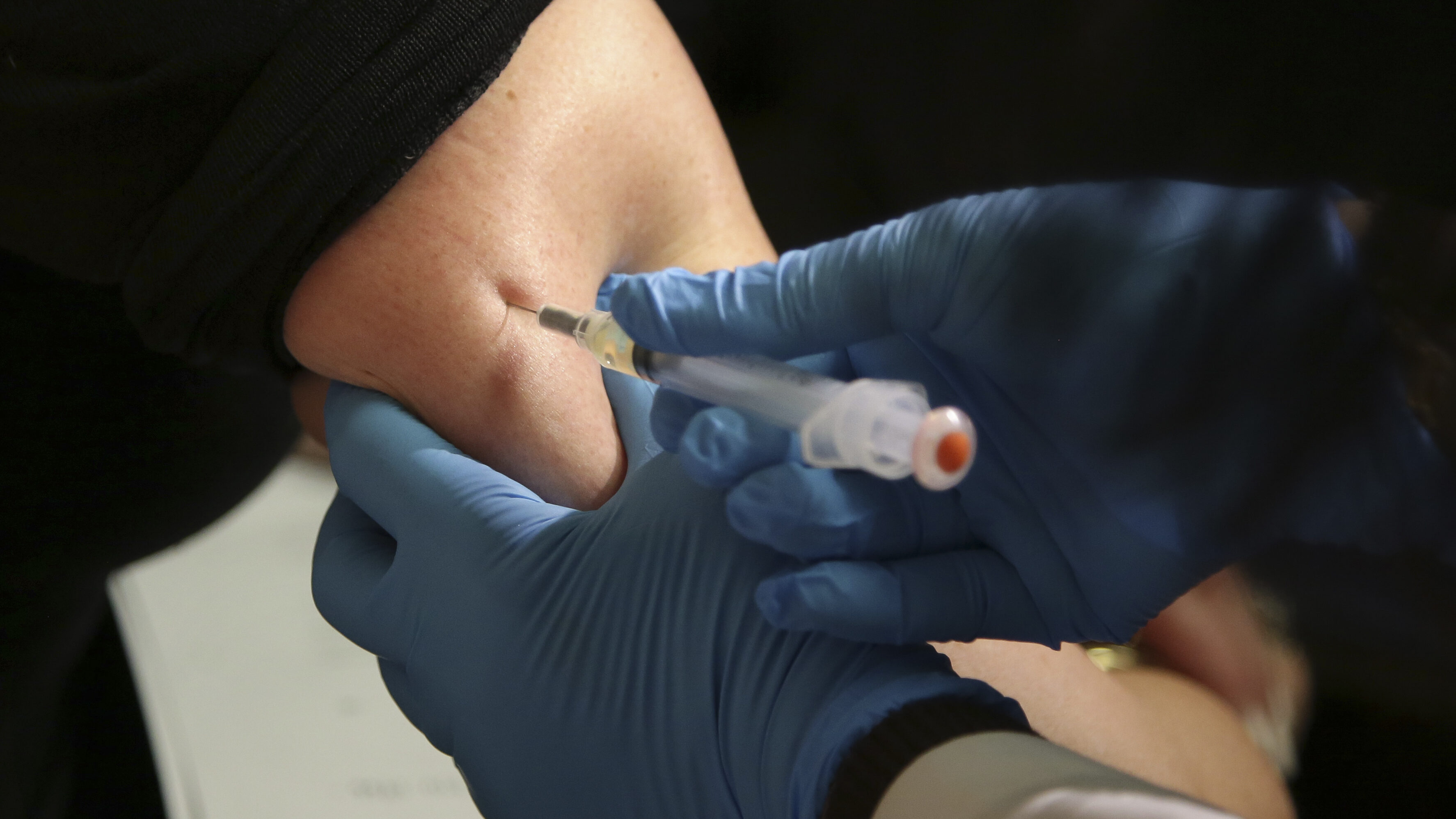Study: Wearable heart sensor prevents hospitalization in heart patients
Feb 25, 2020, 2:20 PM

(Image credit: Getty Image)
(Image credit: Getty Image)
SALT LAKE CITY — A wearable heart sensor could help patients with heart problems sense a potential issue before a crisis occurs.
University of Utah and Veterans Administration (VA) researchers had patients wear a sensor taped on their chest. The sensor tracked functions like an electrocardiogram (ECG), heart rate, physical activity, motion and breathing. The information uploaded via Bluetooth to a smartphone and then to a server.
Any deviation from the patient’s baseline was flagged.
“[Based on the baseline,] the artificial intelligence tells you how all these different parameters should behave together. And when there’s a deviation from that expected behavior, then that would indicate that a worsening is happening,” said Dr Josef Stehlik, the lead author on the study.
He is with the University of Utah Hospital, University School of Medicine, and the VA Medical Center.
Stehlik’s team studied 100 veterans with heart failure at four VA hospitals in Utah, Texas, California and Florida. They found that the heart sensor system predicted critical changes remotely up to a week before a patient would have needed hospitalization.
“Implement treatment ahead of time, a week earlier than what we do,” said Dr. Stehlik, “and hopefully change what happens to the patient. Improve things before they get too bad, and allow the patient not to be admitted to the hospital.”
Heart failure usually sends patients back to the hospital
The researchers say about 6.2 million Americans live with heart failure. It is the top hospital discharge diagnosis in the country. Up to 30% of these patients will likely have to go back to the hospital within three months because they are experiencing symptoms like shortness of breath, fatigue and fluid buildup.
Hospitalization can also decrease a patient’s ability to care for themselves independently.
“Hopefully the patient remains stronger. Hopefully we prevent an increased risk of death. And keep patients at home instead of the hospital and then maybe an extended rehab facility,” said Dr Stehlik.
The study appears in Circulation: Heart Failure, an American Heart Association journal.













